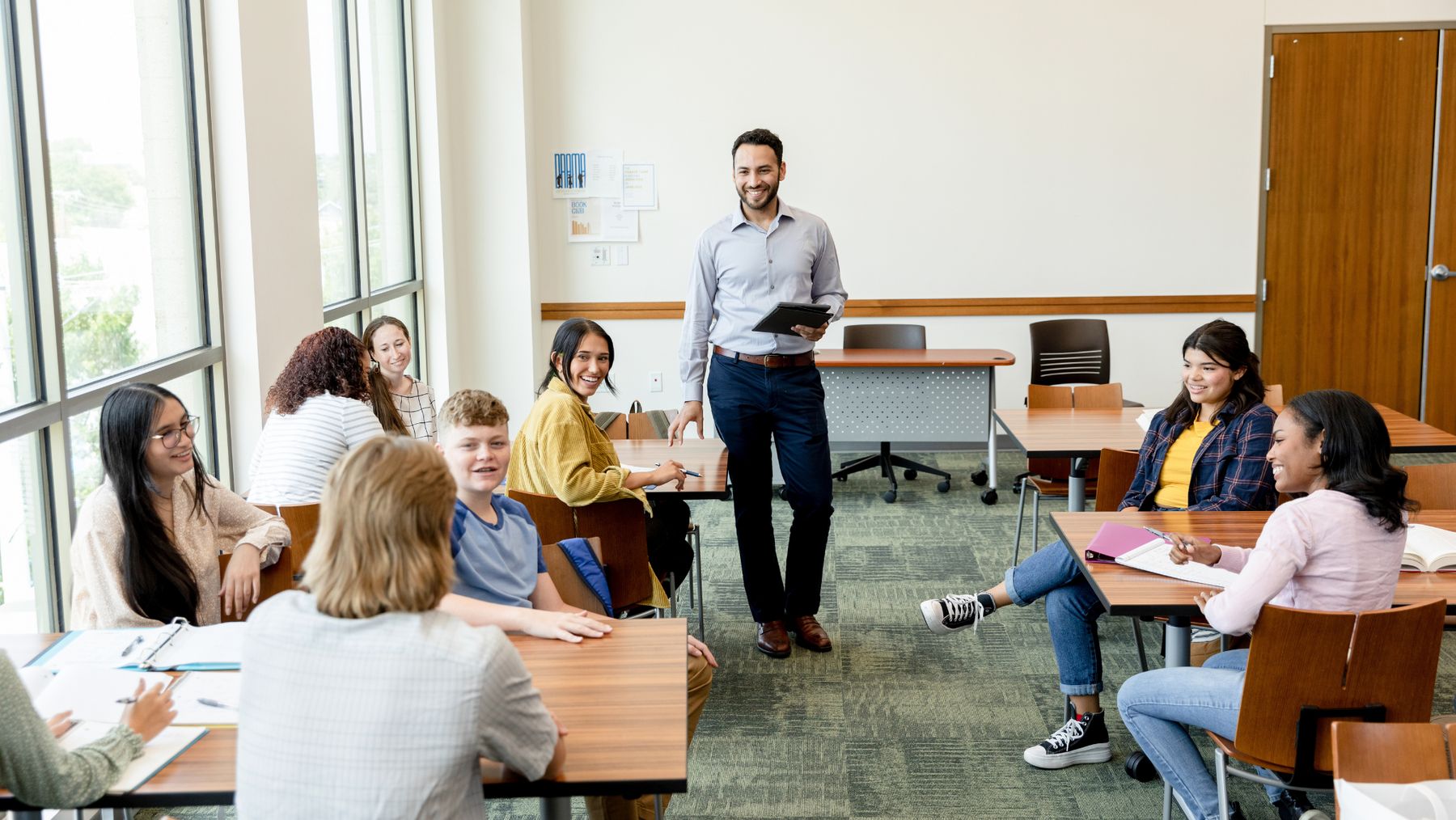Encouraging Peer-to-Peer Learning and Mentorship
Peer-to-peer learning and mentorship are integral components of a thriving workplace culture. By encouraging collaboration, networking, and shared experiences, organizations can create a more cohesive, skilled, and innovative workforce. Here's a closer look at how to encourage these practices.
Understanding the Value of Peer-to-Peer Learning
Peer-to-peer learning is more than just sharing knowledge; it's about creating an environment where employees learn from each other. This collaborative approach enhances problem-solving skills, fosters creativity, and builds a sense of community within the team.
Implementing Structured Mentorship Programs
Mentorship programs provide a structured approach to professional development. Pairing experienced professionals with those looking to grow creates a supportive relationship that accelerates learning and provides valuable insights into career progression.
Creating Opportunities for Collaboration
Fostering peer-to-peer learning requires intentional opportunities for collaboration. Regular team projects, cross-functional assignments, and group training sessions can facilitate interactions that promote knowledge sharing and skill-building.
Leveraging Technology for Virtual Collaboration
In a remote or hybrid work environment, technology can play a crucial role in enabling peer-to-peer learning. Collaboration tools, virtual meetings, and online communities can help bridge geographical barriers and maintain a sense of connection.
Promoting a Culture of Open Communication
Open communication is the foundation of effective peer-to-peer learning and mentorship. Encouraging transparent discussions, feedback, and knowledge sharing creates an atmosphere of trust and mutual respect.
Recognizing and Rewarding Collaborative Efforts
Acknowledging and celebrating collaborative efforts reinforces the importance of peer-to-peer learning. Recognition can take various forms, such as public praise, awards, or incentives, and helps in sustaining a collaborative culture.
Providing Training and Resources for Mentors
Effective mentorship requires skill and dedication. Providing training and resources for mentors ensures that they are well-equipped to guide and support their mentees. Continuous support for mentors enhances the overall success of the mentorship program.
Monitoring and Assessing the Impact
Evaluating the impact of peer-to-peer learning and mentorship initiatives helps in understanding their effectiveness. Regular assessments, surveys, and feedback from participants provide insights that can be used to refine and expand these programs.
The Future of Peer-to-Peer Learning and Mentorship
The emphasis on collaboration, continuous learning, and personal development is likely to continue shaping the future of work. As organizations become more interconnected and diverse, peer-to-peer learning and mentorship will remain vital tools for building a resilient and innovative workforce.

